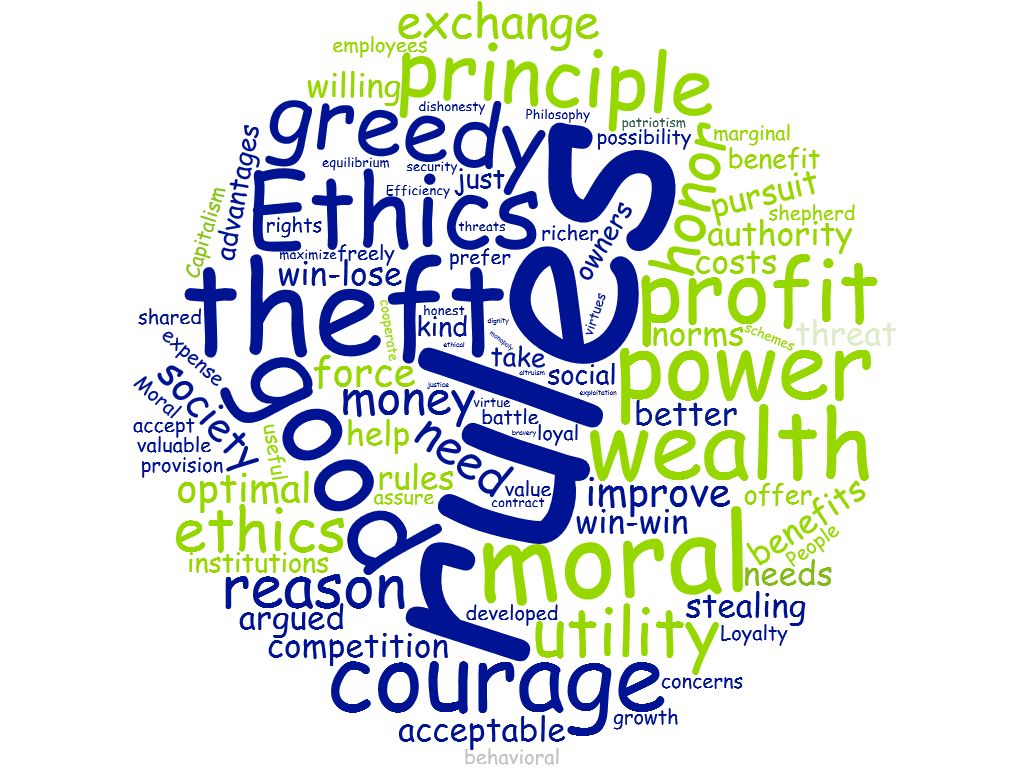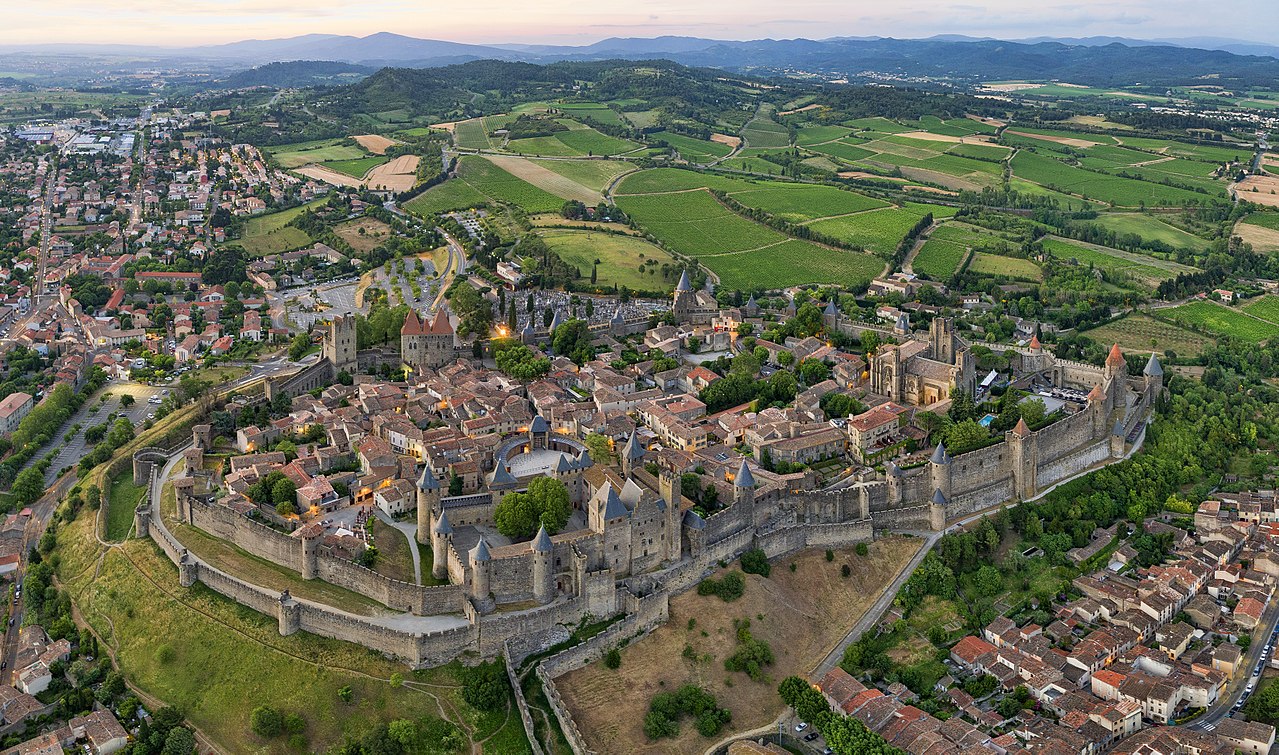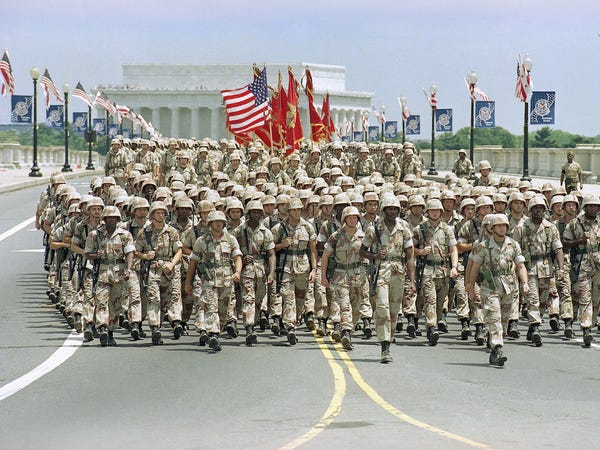THE ROLE OF PRIVATE PROPERTY IN A CAPITALIST MARKET ECONOMYRole and the Development of GovernmentProperty protection is one rationale for the presence of government. Government can be conceived and constituted as an agent of the people, whose primary function is to establish laws protecting individuals and their property from damage, injury or theft. Governments can also be empowered, via contributions from taxpayers, to provide a police force, a justice system, and a prison system to mitigate internal property violations and thereby grease the wheels of economic activity. To prevent against a wider threat of invasion by foreign peoples, a government can also be empowered to raise an army and to provide for the national defense. As an example consider the needs of a small ancient farming village. Villagers will want to protect their crops, livestock, stored foods, and farm equipment, especially when all in their possession was created through the efforts of household members or via trade in the market. To protect against external threats, villagers are prone to cluster together to provide strength in numbers. However, clustering can also increase internal threats by members of their own community. Disputes among residents may have been solved either by vigilante methods or by developing an arbitration system, perhaps a council of elders. The adjudication council, in time, is likely to establish a set of norms, or rules of conduct, that are passed from generation to generation and eventually codified in writing. Through this process communities may have established a rudimentary government. A more devastating threat perhaps was the invasion and pillage by a more powerfully armed external force. Villagers could quickly assemble an armed resident militia, but this may be unlikely to be effective against a more sizable professional army. Eventually protection from invasion might require an army of your own that can match the size and strength of potential threats. It is important to recognize though that armies, because of their superior power, can result in two outcomes. Either they can protect the property of, and prevent injury to, the residents of a community, or, they can use their superior power to steal away property from weaker communities. In the first case they secure the private property of a group of people and facilitate the expansion of production and a rising standard of living. In the second case, they cause communities to redirect expenditures and efforts towards defense and consequently reduce their effort devoted to production. The move from small hunter-gatherer communities to the formation of much larger nations might be explained in part by the development of more powerful armaments and the growing size of armies. The only way to protect against a large and powerful external force is to establish a defense force at least as large and powerful. But armies, both offensive and defensive, require food and other resources to sustain them and those resources must come from the community they are serving. Since a larger army will need a larger community to comfortably sustain it, larger nations are likely to form as armies grow in size and strength. Finally it is worth noting that offensive armies that use their superior power to steal away the property of others can wield that power either externally or internally. An example of external theft would be the conquests by Alexander the Great or Genghis Khan, who used their armies to expand their external sphere of control. Examples of internal theft include the dictatorial regimes of Josef Stalin in the Soviet Union, Idi Amin in Uganda, and Muammar Al-Gaddafi in Libya, (and many others) who used internal security forces and their armies in reigns of terror on their own citizens while simultaneously accumulating vast amounts of personal wealth. An appropriate role of government can now be outlined. There is a clear economic benefit to a government that is sufficiently powerful and effective in protecting its citizens from injury, and its citizensí property from both internal and external theft. These outcomes require the establishment and funding of a criminal justice system and a national defense force, or armed forces. These are the most basic requirements of a minimal government and are necessary components for the effective operation of a free market economy. The government that most citizens would resist is one with so much power and control that it either exploits its own citizens, or engages in nation building raids of other communities or countries. I say most citizens should prefer this to account for the fact that those citizens that control these exploitative governments, stand to gain tremendously from their position in society. The tremendous gain that accrues to the ruling group surely explains why the world continues to contend with numerous dictatorial regimes. Steven Suranovic, April 26, 2020 Sections
|

The Ethical Economics
Study Center


